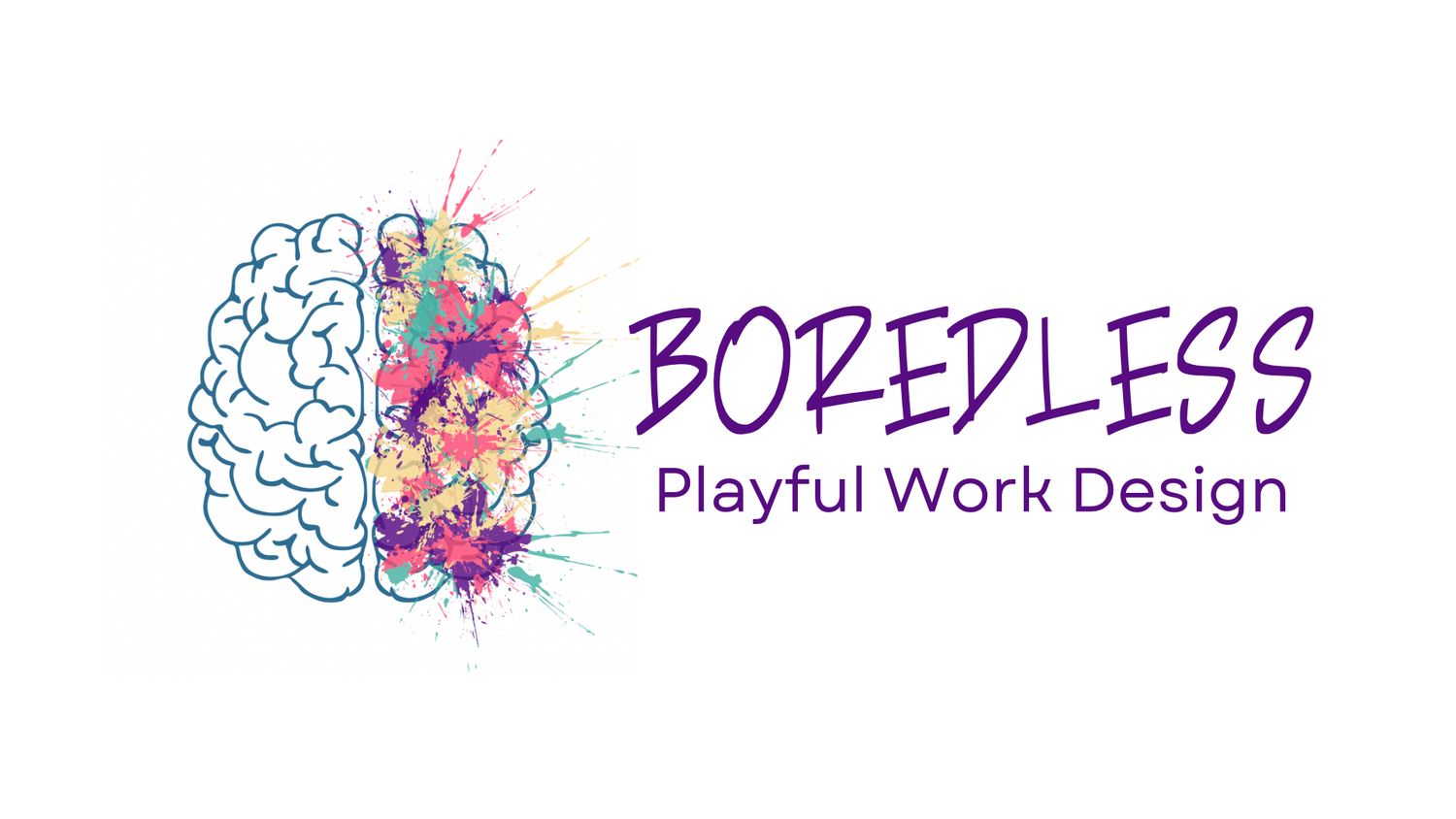Our Future Leaders Need Play Now
Next week, my son will start his fourth quarter of second grade physically in a classroom after being out of a school building for 357 days. Our community “shut down” on the first day of his Spring Break in March 2020. It seemed like each week going forward, we wondered if it would be the following month that he could go back. Here we are, almost a full calendar year later, ready to don a backpack with snacks, pencils, a water bottle, and masks. Of course, he has not gone *without* education, but as we all know, it was emergency school. What have our children missed over the past year? The news and social media are full of headlines expressing such dire need for “make up” school. How will we catch the children up? How can we help them overcome the missed opportunity for endless math worksheets and science lectures? I argue we don’t.
Our focus, now more than ever, should be on letting the children PLAY. Extensive research across many fields of study have proven the vast benefits of play. Yes, our children missed that unit on the Mesopotamians and learned fractions from us (I wasn’t the only one sneaking my phone calculator under the table or asking Alexa for the answer, was I?). However, more important than that, our children missed out on PLAY. Studies are showing that toy sales (LEGO, puzzles, etc) boomed last year during lockdowns, indicating that a lot of you were playing with your children at home, but none of them were on the playground at recess scheming how many of them needed to push to get someone to the top level of the bar.
Which is more important? Social and child-driven free play? Or academics? I believe if we provide children with legitimate opportunities for play, academics will fall in place. In the 19th century, the economy was based on holdings of land. In the 20th century, this was replaced with capital. For our current 21st century, and the future of our children, KNOWLEDGE is considered the most important component for a successful information-based economy. However, this doesn’t refer to academic knowledge, but a wider spread of soft skills including innovation, creativity, and agility.
If we push our children back into school harder than ever before, these skills will not be developed. These skills, along with others such as collaboration, communication, problem-solving, adaptability, cognition (working memory, sustained attention, response inhibition, etc), self-regulation, and socio-emotional awareness, are best enhanced through play.
You’ve probably seen the meme that says something like “if you’re worried about the economy now, just wait 20 years until our country is run by adults that were homeschooled by parents who were day drunk for six months straight”. Despite the joke (at which I laughed very hard more than once), I believe we have the opportunity to create more impressive leaders than ever before. Generally, though academics obviously play a core role, the goal of providing all children with education is to prepare them to be functional members of our society, to be successful, to be happy, to be leaders in their communities.
What is a leader? Leadership characteristics are no longer assessed by studying the CEO of a 1990s Fortune 500 company: strict, demanding, work-obsessed, numbers-driven. Leadership is now characterized by integrity, communication, gratitude, influence, courage, self-awareness, learning agility, empathy, respect, and the ability to delegate. So as we look back over the past year and determine what our children missed, how much they need to “catch up”, I believe we should focus on the development of those leadership skills. And those leadership skills are best learned through play – social, child-driven, free play in a variety of settings with a variety of materials. Schools are well-equipped to provide this for all children. Standardized testing, especially in young children, has been proven to be a worthless form of assessment for the development of skills. It should be drastically reduced if not eradicated. Play should take up the majority of a school day. Every possible academic topic can be taught through play. With so much talk of “what was normal anyways”, this is our opportunity to make a new normal, one that embraces the true needs of children.
